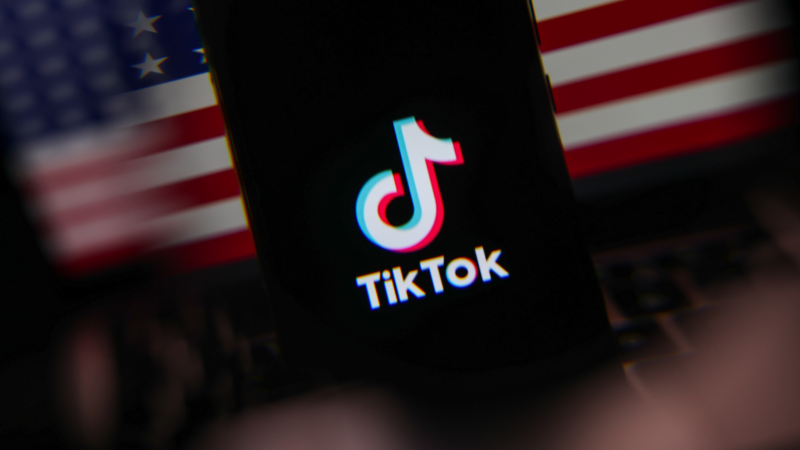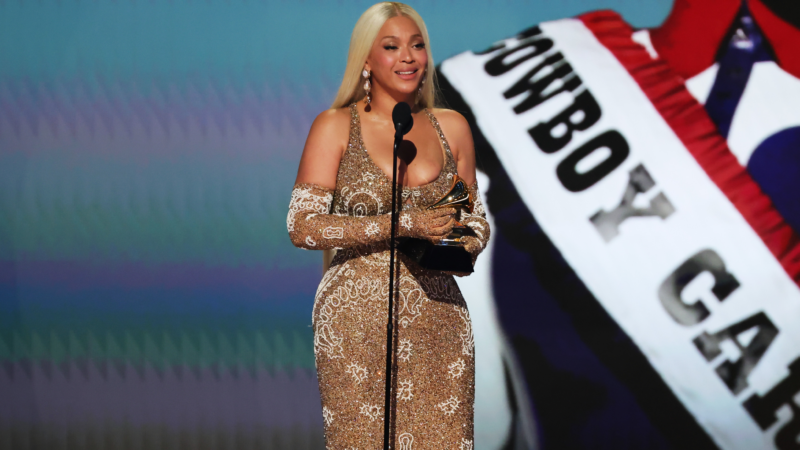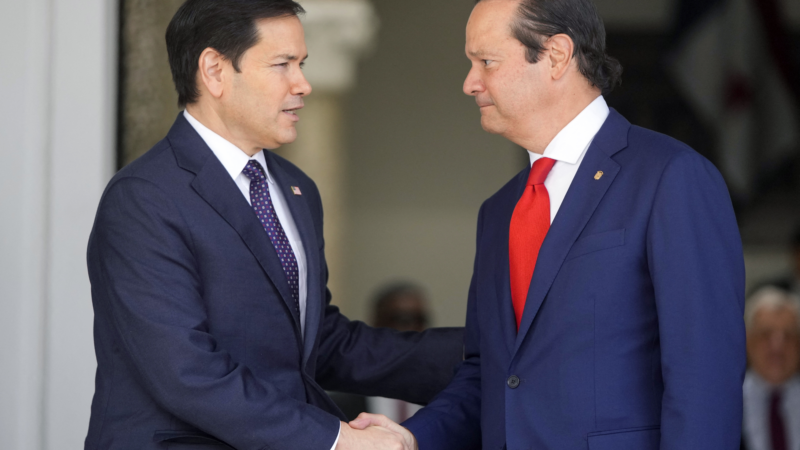TikTok is offline in the U.S. after Supreme Court upholds ban
TikTok is no longer accessible to users in the U.S., the result of a controversial law forcing the popular platform offline unless it splits away from its China-based owner, ByteDance.
When users tried to open the app around 10:35 p.m. ET, a message appeared: “Sorry, TikTok isn’t available right now,” it read. “A law banning TikTok has been enacted in the U.S. Unfortunately, that means you can’t use TikTok for now.”
The message then said President-elect Donald Trump has promised to “work with us on a solution to reinstate TikTok once he takes office. Please stay tuned!”
Around the same time, TikTok also stopped appearing on the Apple and Google Play app stores.
The law, recently upheld by the Supreme Court, directed Apple and Google to remove the service from app stores. It also required web-hosting firms, including TikTok’s back-end cloud provider, Oracle, to stop supporting the app or face penalties that could reach into the billions of dollars.
It remains to be seen how long the service will remain offline, but the development has drawn criticism from free speech advocates, who said it amounts to the kind of government censorship America often condemns on the global stage.
Free-speech group PEN America attacked the Supreme Court’s decision. “Restricting access to foreign media is a hallmark of repressive governments, and we should always be wary when national security is invoked to silence speech,” the advocacy group said in a statement on Friday.
The prospect of a TikTok shutdown in the U.S. has been discussed for more than four years, but it often has been stymied by courts or dissolved amid political bickering.
In April 2024, however, Congress passed a ban with overwhelming bipartisan support. Lawmakers fear TikTok’s owner ByteDance could be manipulated by the Chinese government — exposing Americans’ data and content feeds to the whims of an adversarial regime.
Earlier this month, TikTok argued before the Supreme Court that the law represents an unprecedented suppression of free speech. Yet the Supreme Court ruled in an unsigned unanimous decision that “divestiture is necessary” to resolve lawmakers’ fears about China. Therefore, the court ruled, Congress acted lawfully when it voted to crack down on the hugely popular video app.
TikTok now faces an uncertain path forward.
President-elect Donald Trump issued a statement after the Supreme Court ruling saying the decision should be respected, and that his incoming administration would need more time to review the ruling. Trump has vowed to keep TikTok alive in the U.S., but how he might execute that promise remains murky.
One possibility would be to revive a national security agreement known as Project Texas, which TikTok says it has spent more than $2 billion on implementing. The plan aims to wall off any potential influence by Beijing by placing Austin-based Oracle as a supervisor of sorts over the data exchanged between ByteDance and TikTok. It also allows for third-party audits of TikTok’s content recommendation algorithm. If it is determined that TikTok has run afoul of the deal, the agreement includes a “kill switch” in which federal officials could have TikTok turned off.
TikTok proposed the plan to the Biden administration, which, in the eleventh hour, walked away from the agreement without ever stating why, according to court papers filed in TikTok’s lawsuit against the administration over the divest-or-ban law.
Some longtime TikTok observers say Trump may renew these talks and determine that it represents “qualified divestiture” — meaning an arrangement through whichTikTok is sufficiently distanced from ByteDance.
That determination can be made solely at the discretion of the president and his administration. It hands the final say over TikTok’s future in the U.S. to Trump. Despite promising to put the app out of business during his first term, he has recently said he’s likely to give it a 90-day reprieve once he takes office.
At the 2025 Grammys, Beyoncé takes home album of the year and Kendrick Lamar wins big
The unpredictable 67th Grammy Awards were filled with surprising wins for artists including Beyoncé — with her first album of the year win — as well as multiple wins for Kendrick Lamar and awards for rising stars like Chappell Roan and Doechii.
55 of the 67 victims have been recovered from the D.C. plane crash
Rescue and salvage crews are continuing to dig out bodies and debris in the Potomac River, after the deadliest air crash in two decades.
Rubio warns of U.S. action if Panama does not curb Chinese influence around the canal
Secretary of State Marco Rubio threatened unspecified action if Panama does not take steps to lessen Chinese influence over the Panama Canal.
Photos: See all the red carpet looks from the 67th Grammy Awards
Celebrating its 67th year, the 2025 Grammy Awards are here! See some of tonight's most memorable looks.
Trump used fentanyl to justify tariffs, but the crisis was already easing
The White House says fentanyl smuggled to the U.S. justifies tariffs against Canada, China and Mexico. But fentanyl deaths and smuggling have been dropping fast — and Canada plays almost no role.
A plane and a tug vehicle collide at Chicago’s O’Hare airport, injuring the driver
The 64-year-old tug driver sustained head and lower body injuries and was transported to the hospital in critical condition but was later stabilized, Chicago police said.




